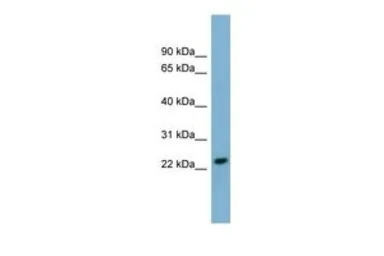KLRC3 antibody, N-term
Cat. No. GTX46566
Cat. No. GTX46566
-
HostRabbit
-
ClonalityPolyclonal
-
IsotypeIgG
-
ApplicationsWB
-
ReactivityHuman
